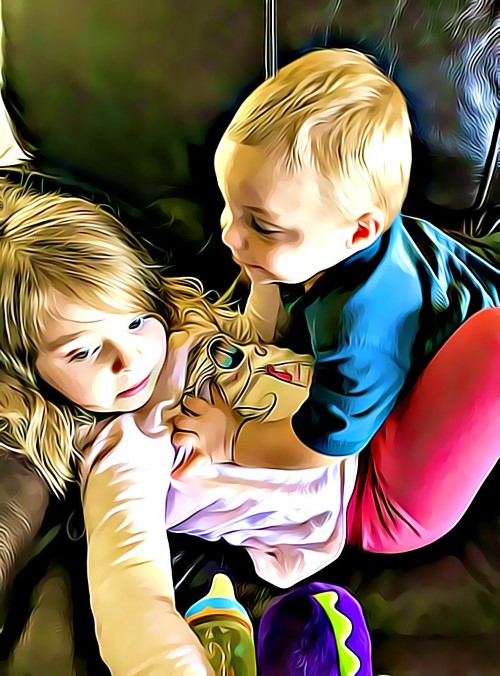
What does being Human even mean?
Being human is a complex and multifaceted question that has been explored by various disciplines, including philosophy, psychology, biology, anthropology, and religion. Obviously there is no definitive or universally accepted answer to what it means to be human, but some possible ways to approach this question are:
- Being human means being a member of the Homo sapiens species.
This is a biological perspective that defines humans by their genetic and anatomical characteristics, such as having a large brain, bipedal locomotion, opposable thumbs, and language ability. However, this perspective may not capture the uniqueness and diversity of human cultures, behaviors, and experiences.
- Being human means being a rational and moral agent.
This is a philosophical perspective that defines humans by their capacity to reason, to make choices, and to act according to ethical principles. However, this perspective may not account for the limitations and biases of human rationality, the diversity and ambiguity of human morality, and the influence of emotions and instincts on human actions.
- Being human means being an image-bearer of God.
This is a religious perspective that defines humans by their relationship to the divine, as creatures who reflect Godís attributes and purposes. However, this perspective may not be shared by all religions or by non-religious people, and it may raise questions about the nature and existence of God, and the problem of evil and suffering in the world.
- Being human means being a social and cultural being.
This is a psychological and anthropological perspective that defines humans by their interactions with other humans and their environment, as beings who create and transmit meanings, values, norms, and identities. However, this perspective may not explain the origins and evolution of human sociality and culture, and the conflicts and inequalities that arise from human diversity and difference
In our Oneness, we Humans manage to display a very wide range of behavior. We learn from each other, laugh with each other, and grow to love one another…and, in so doing, learn to know and love ourselves, and, thus, the underlying Divinity pf our Universe.
In this section you can read about some of the more poignant and humorous aspects of the Human community, including our origin, which is likely to be far different than you may have been told.
Human Origins
| By: Paul S. Cilwa | Page Views: 5698 | ||
| The currently accepted theory of human origins has more holes in it than a wheel of Swiss cheese. But there's proof of a better one. | |||
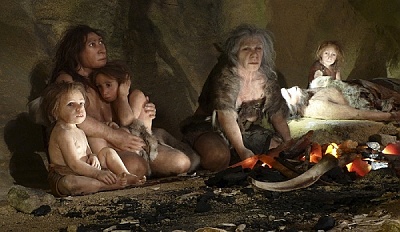
While the observed fact of evolution is well-established for most of the animal kingdom, there are a number of mysteries surrounding the beginnings of life on earth and Humankind's appearance here.
Read more…
How To Live
| By: John D. Jorgenson | Posted: 2/13/1981 |
Page Views: 4471 | |
| Advice from a man facing the end of his life. | |||

If I had my life to live all over again I'd try to make more mistakes next time, try not to be so damn perfect. I'd relax more, I'd limber up, I'd be sillier than I'd been on this trip. In fact I know very few things I would take so seriously. I'd be crazier and I'd certainly be less hygienic. I'd take more chances, I'd take more trips, I'd climb more mountains, I'd swim more rivers and I'd watch more sunsets. I'd burn more gasoline, I'd eat more ice cream, and fewer beans. I'd have more actual troubles and fewer imagined ones, because ninety percent of things we worry about actually never happen.
Read more…
Doing it Over
| By: Erma Bombeck | Page Views: 3424 | ||
| Erma Bombeck's advice on living well, written after she found out she was dying from cancer. | |||
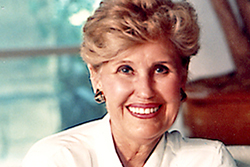
If I had my life to live over, I would have gone to bed when I was sick instead of pretending the earth would go into a holding pattern if I weren't there for the day.
Read more…
What Difference Can One Person Make?
| By: Unkinown | Page Views: 3801 | ||
| Never believe that a few caring people can't change the world. For, indeed, that's all who ever have. | |||
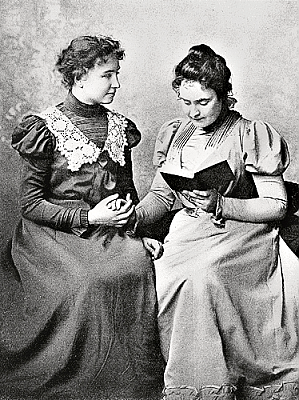
Annie was a young girl who was brought in here because she was incorrigible—which means, nobody could do anything with her. She'd bite and scream and throw her food at people. The doctors and nurses couldn't even examine her or anything. I'd see them trying with her spitting and scratching at them. I was only a few years younger than her myself and I used to think, 'I sure would hate to be locked up in a cage like that.' I wanted to help her, but I didn't have any idea what I could do. I mean, if the doctors and nurses couldn't help her, what could someone like me do?
Read more…
Children
| By: Kalil Gibran | Page Views: 3528 | ||
| The great Kalil Gibran on our duties to our children. | |||
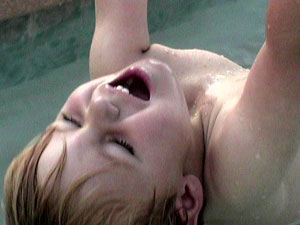
Your children are not your children. They are the sons and daughters of life's longing for itself. They come through you but not from you, and though they are with you, yet they belong not to you. You may give them your love, but not your thoughts. For they have their own thoughts. You may house their bodies but not their souls, for their souls dwell in the house of tomorrow, which you cannot visit, not even in your dreams.
Read more…
The Cocoon
| Page Views: 7657 | |||
| Sometimes struggles are exactly what we need in our lives. | |||
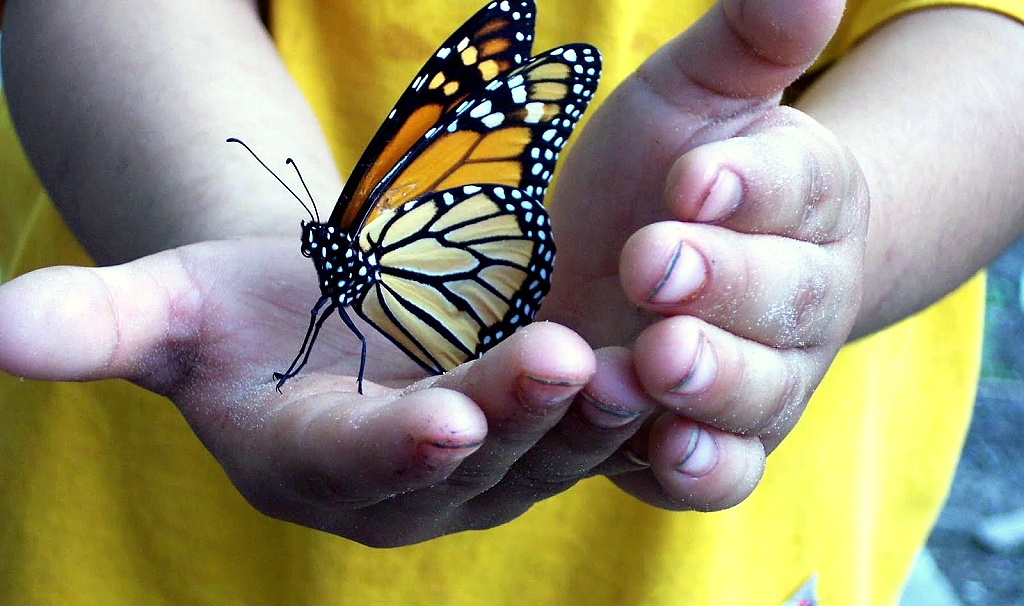
Sometimes struggles are exactly what we need in our lives. If God allowed us to go through our lives without any obstacles, it would cripple us. We would not be as strong as what we could have been. We could never fly!
Read more…
Demons and Possessions
| By: Dr. Valerie Hunt | Page Views: 3643 | ||
| Mystic and scientist Dr. Valerie Hunt on whether we can be harmed by deomnic beings without our participation. | |||
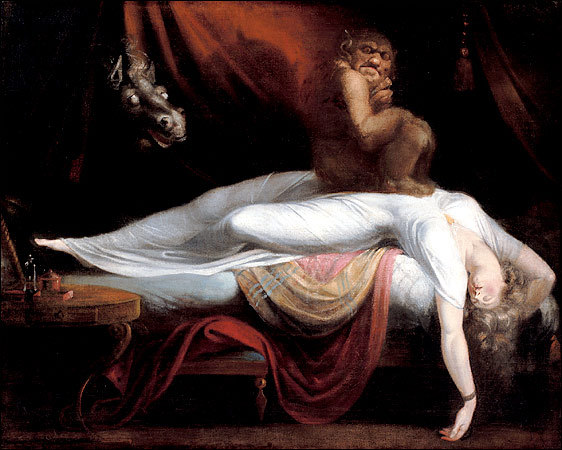
Yes, I have made contact with souls that have crossed over and are in spirit form. I have the capacity to read the ancient history of a place from the vibratory energy that remains years or centuries later. But I have never been attacked or bombarded, or even upset, by what is called a diabolical entity or a negative energy. I have found these to be merely an organized energy or thought form. If one decodes these thought forms, and for some reason has similar thoughts, one's field resonates and one is affected. If one doesn't resonate, one can perceive the thoughts without effect.
Read more…
The Serotonin Surprise
| By: Gary Greenberg | Posted: 7/1/2001 |
Page Views: 3621 | |
| You have to accept that there's a structural change in your brain when you take drugs like Prozac. | |||
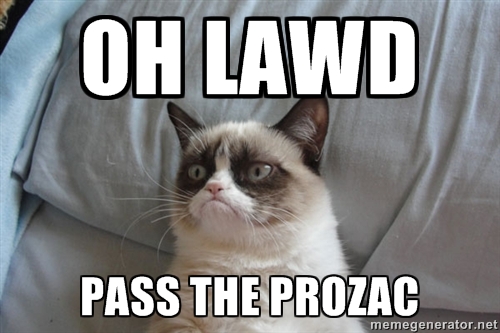
Jacobs's bright blue eyes stand out even more than usual against his white hair and beard when he remembers what happened next. As soon as we showed that serotonin could promote neurogenesis, immediately I said, 'This could have implications for depression.' In fact, this little finding provides as good a theory of depression as anything else that's out there. That theory, simply stated, is that depression is linked to neurogenesis. In a depressed patient, the brain stops making new neurons; when neurogenesis resumes, the depression lifts.
Read more…



